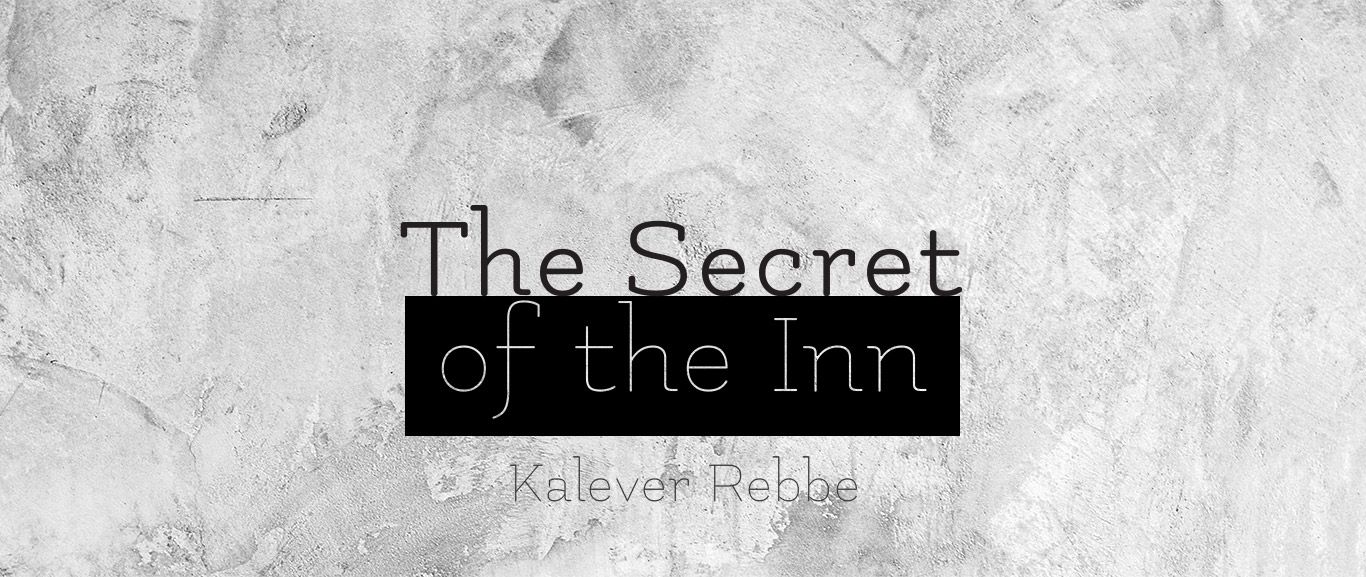
The Secret of the Inn
When people study Torah together and are engaged in holy conversations, the physical space is infused with holiness and purity. In turn, those people will excel and grow in holiness.

The Places We Find Ourselves
Chazal taught in Pirkei Avos (3:2): “Two who sit, and no words of Torah pass between them, this is a session of scorners… ” The commentators note, that it should have said that these individuals are “scorners”. What does it mean that this is a “session” of scorners?
My ancestor, R’ Yitzchak Isaac from Kaalov zt”l, explained, that this Mishnah is teaching an incredible insight into a common challenge:
There are times when two people sit down to study Torah together. However, they become distracted, and the time passes without them learning a single idea or concept of Torah. When this happens, explained R’ Yitzchak Isaac, it is an indication that scorners once met in that very same location, and they infected it with their impurities. Now, these two individuals who wanted to learn Torah are being influenced by that spirit of impurity in such a way that it becomes difficult for them to study together even though they sincerely wanted to.
This principle is amplified when it is applied to the pursuits of purity. When people study Torah together and are engaged in holy conversations, that infuses that physical space with a holiness and purity that has a lasting impact. When people return to that same place to learn again, they are empowered by that holiness to study with an even greater vigor, clarity, and enthusiasm.
More Than a Room
To understand the ramifications of this idea, it is worth retelling a story that was told by my Mechutan, the Rachmistrvika Rebbe, Shlita, who heard the story from R’ Chaim Eizenbach who heard the story from a chassid who was there when these events unfolded:
A chassid was traveling with R’ Yitzchak Isaac of Kamarno, zt”l. They stopped at a particular inn, and the Rebbe requested a private room so that he could daven, pray. The innkeeper gladly agreed and showed the Rebbe to a small room. After the Rebbe finished davening, he asked the innkeeper, “I had a unique and powerful feeling of holiness while I was davening in that room. Please tell me, who occupied this room in the past, and what did they do there?”
“This inn has been in my family for generations,” the man began to explain, ” My grandfather once told me that he had the honor of hosting R’ Levi Yitzchak of Berditchev, zt”l, who had also requested a private room. Like myself, my grandfather provided that same room. When R’ Levi left he also asked who had occupied that room in the past. My grandfather told the Rebbe that his grandfather had told him that the Baal Shem Tov, zt”l, had once davened in that very room. When he heard that, R’ Levi Yitzchak said, ‘Now I understand.'”
The Power of a Beit Midrash
Beit Midrash. Such a place is sacred ground, because Hashem’s Shechinah resides there. This presence, that holiness will enable a person to learn there with purity and holiness.
Chazal referred to a Beit Midrash as a miniature version of the Beit HaMikdash. The very same holiness that was present in the Beit HaMikdash can be accessed in the Beit Midrash. And, that holiness vanquishes all the negative spiritual forces and impurities.
Degel Machene Ephraim (Parsha Beshalach) explained that this is the deeper meaning of Chazal’s words in Kiddushin (30b) that said, “My son, if this wretched one (the evil inclination), encounters you, pull it into the study hall, that is, go and study Torah. If it is a stone it will melt, and if it is iron it will break”…The power of the Beit Midrash’s holiness destroys the Yetzer Harah when you learn or daven there.
A Place of Truth
Studying in a Beit Midrash enables you to access a true understanding of the Torah and its meaning. The Torah teaches us (Devarim 17:8), “If a matter eludes you in judgment…you shall rise and go up to the place the Lord, your God, chooses”. Chazal (Sanhedrin 14b) derives from this pasuk, that a physical place can determine the outcome. Meaning, a place that is as holy as the Beit HaMikdash can influence and guide a person to the truth.
Chazal taught (Yerushalmi Brachos 5:1) that, “a covenant has been made – one who tires themself with learning in synagogue will not quickly forget it”. When a person studies Torah in holy places, that learning becomes deeply connected with him and intertwined with his essence. Therefore, it is not forgotten.
Power for Spiritual Success
Truthfully, the mere act of going to a Beit Midrash is valuable even when a person is incapable of understanding Torah for whatever reason. Chazal taught in Pirkei Avot (5:14), “One who goes but does nothing—has gained the rewards of going”. The tzaddikim explain that a person weakens the impure and evil influences in his life and gains the strength and fortitude to be victorious against his Yetzer Harah, by simply going to a Beit Midrash. Therefore, he is rewarded for applying himself and doing whatever he can to weaken his temptation for sin. As Chazal taught (Makkos 23b) that whoever sits and sustains from doing a transgression is rewarded as if they had performed a mitzvah.
We see this idea expressed in practical Jewish Law (Rambam, Hilchos Tefilah, 11:9) that rules that a person is rewarded for sitting in a Beit Midrash amongst those who are studying Torah even if he himself is not learning. As Dovid Hamelech said (Tehillim 144), “Happy are those who sit in Your house”… By simply being present in a Beit Midrash, a person adds holiness to his soul empowering his ability to connect to Hashem and His mitzvot.
Therefore, even if a person finds it difficult to go to learn all his shiurim (lessons) in a Beit Midrash, they should, nevertheless, attend at least one shiur regularly in a Beit Midrash. This will help them ascend to the heights of holiness and elevate their Avodat Hashem.
This is what our pasuk is alluding to in our Parsha: “The following is the service of the sons of Kohath in the Tent of Meeting”… The Hebrew word for Kohath (קהת) can also mean “to gather” as it says (Bereishit 49:10), “and to him will be a gathering of peoples“… When the Jews focus on the “service”, the avodah of gathering in Mikdash Ma’at, the miniature Beit HaMikdash, the Beit Midrash, then they will excel and grow in holiness. They will achieve, as the pasuk continues, to attain “the Holy of Holies”.
***
The Kalever Rebbe is the seventh Rebbe of the Kaalov Chasidic dynasty, begun by his ancestor who was born to his previously childless parents after receiving a blessing from the Baal Shem Tov zy”a, and later learned under the Maggid of Mezeritch zt”l. The Rebbe has been involved in outreach for more than 30 years and writes weekly emails on understanding current issues through the Torah. You can sign up at www.kaalov.org.





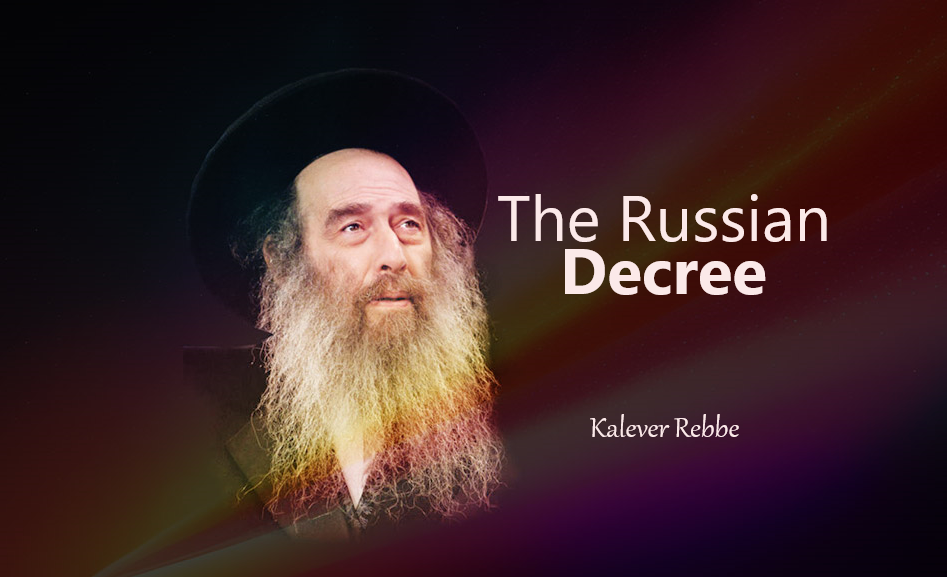
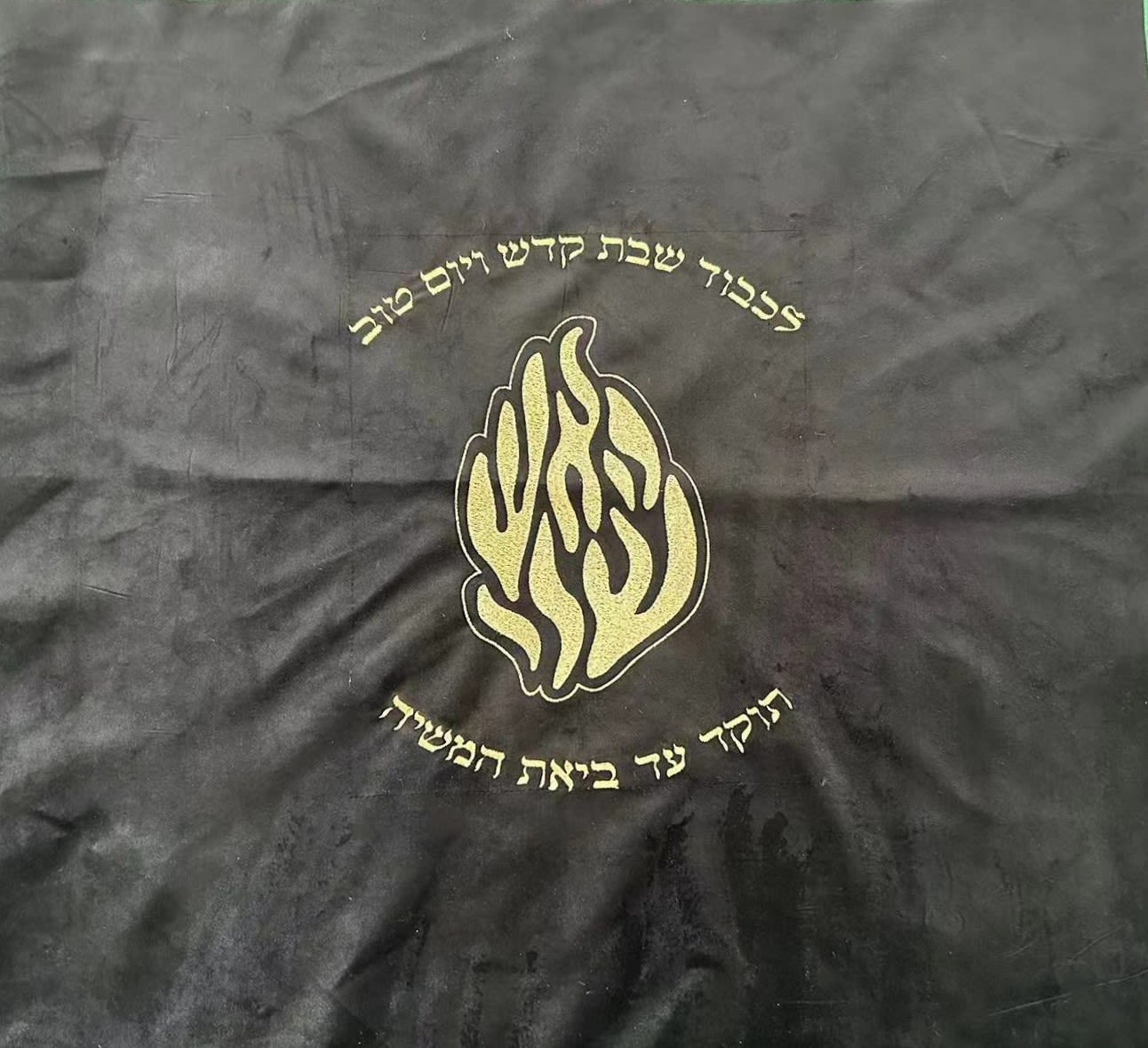

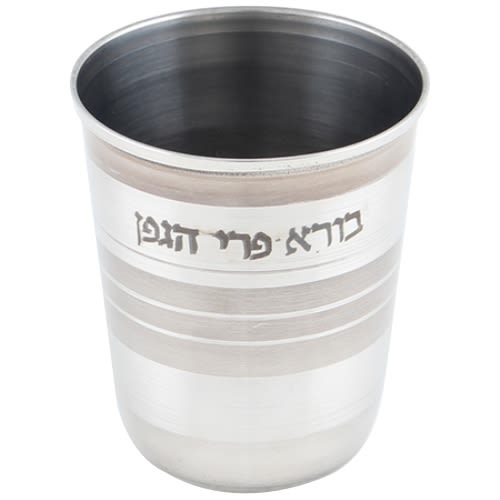
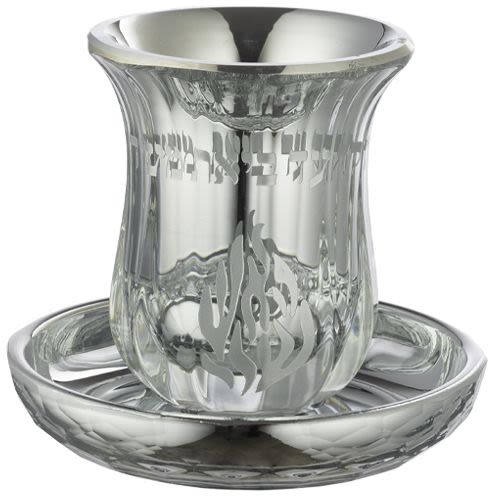


Tell us what you think!
Thank you for your comment!
It will be published after approval by the Editor.